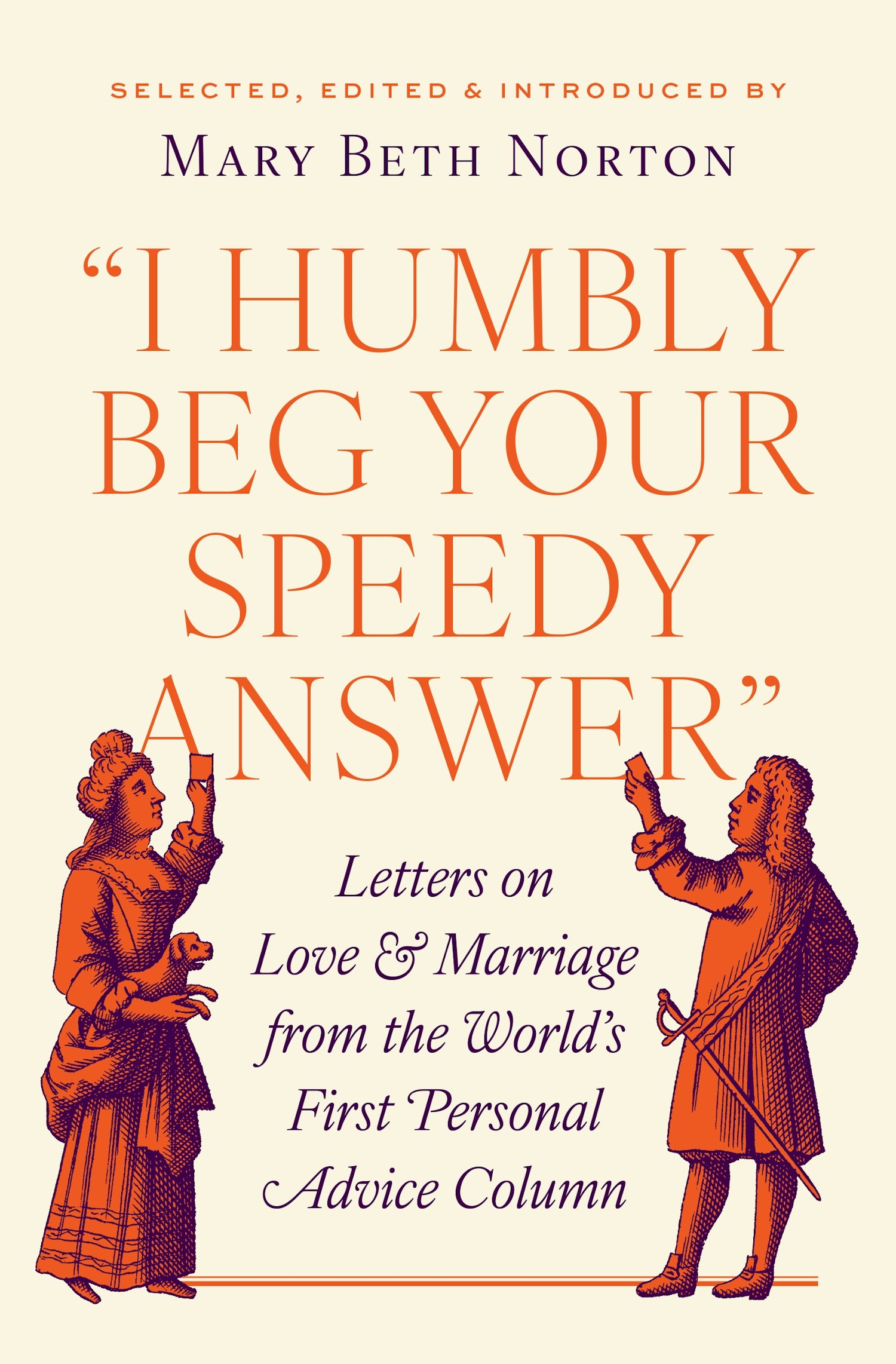In the history of the advice column, one can glimpse the history of what can be said in public, and by whom. As literacy expanded to new social strata, and new periodicals circulated among increasingly diverse publics, what letter writers could divulge and columnists could discuss changed. What could not be divulged was sometimes still expressed, through various styles of discretion. “It has been my misfortune to be seduced into a very great sin,” one Querist explained to the Athenians; Norton suggests that his refusal to name his “very great sin” meant that he may have been referring to either gay sex or an illicit affair.
The advice column’s regulation of sex and sexuality meant that it found a natural home in the emerging women’s pages of eighteenth-century newspapers. By the nineteenth century, it was regularly imagined as a sotto-voce conversation between friends—a single-sex space “to promote true womanhood,” as the New York Freeman, a leading African American weekly, boasted. When Edward Bok, the editor of Ladies’ Home Journal, started an advice column called “Side Talks with Girls,” he showed how easily men could ventriloquize women’s decorous rhetoric to discuss courtship and chastity. “When your sweetheart comes to see you, don’t be foolish enough to confine your sweetness to him alone,” the columnist proclaimed. “Have him in where all of the rest of the household are.”
Among the main strategies of discretion was anonymity, which permitted the letter writers to retain some trace of privacy and the columnist to mute aspects of his personal identity. Bok wrote the first two installments of his column under the name Ruth Ashmore, before passing the pseudonymic baton to Isabel Mallon, formerly Bab of “Bab’s Babble,” in the New York Star. Ann Landers was born Ruth Crowley and died Eppie Lederer. (Lederer won a contest to become Crowley’s successor in 1955.) Meanwhile, Lederer’s twin sister, Pauline Phillips, who originated the Abby of “Dear Abby,” bequeathed the legal rights to her pen name to her daughter, Jeanne Phillips. The variable readership of advice columns made a clear identity undesirable in an adviser. A columnist could become a pseudonymous celebrity, but the celebrity columnist could only be a disappointment. A friend recently showed me Martin Luther King, Jr.,’s advice column for Ebony, which urged its readers to “let the man who led the Montgomery boycott lead you into happier living.” To a woman asking for help with her abusive husband, King wrote, “See if there is anything within your personality that arouses this tyrannical response.” To a boy who confessed to having sexual feelings for other boys, King encouraged him to “see a good psychiatrist.” So much for the arc of their moral universe.
